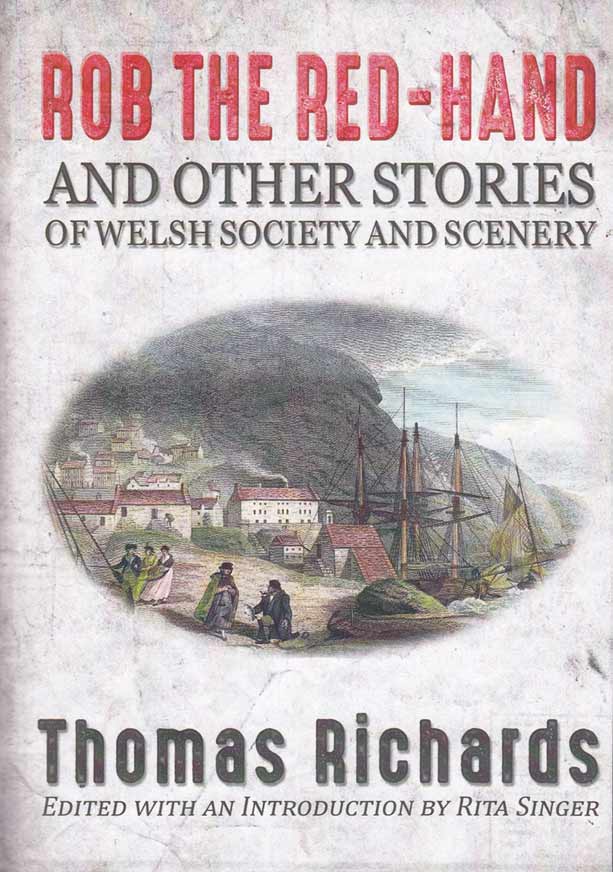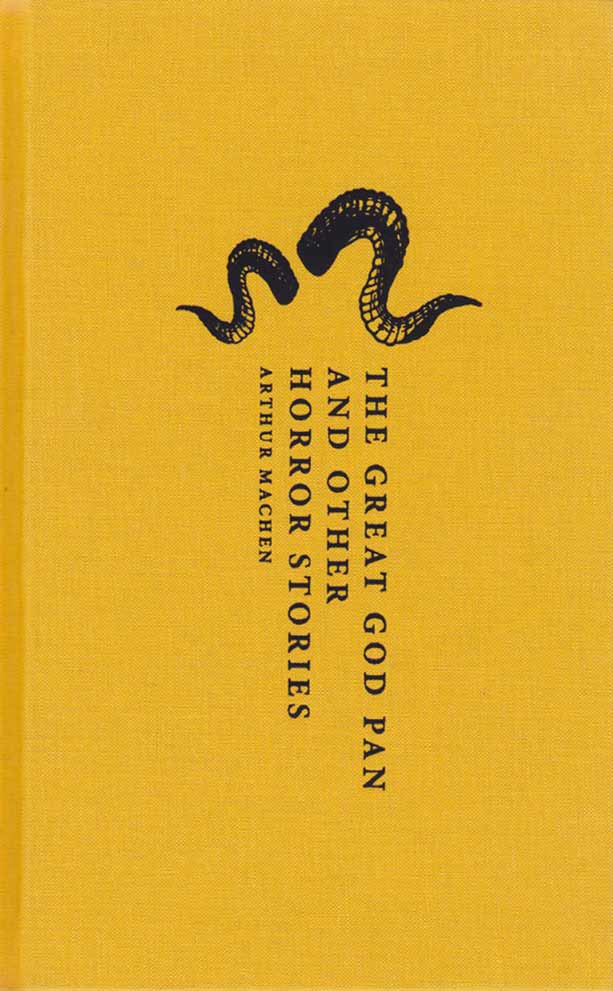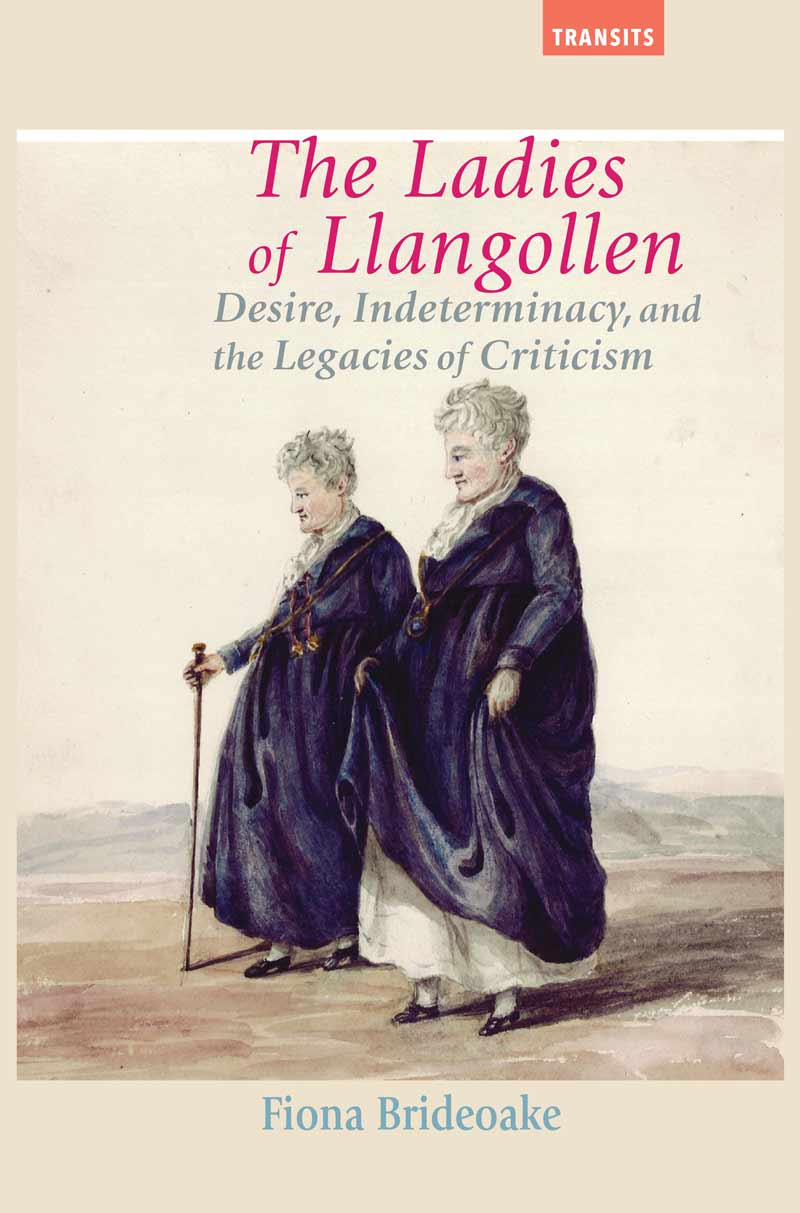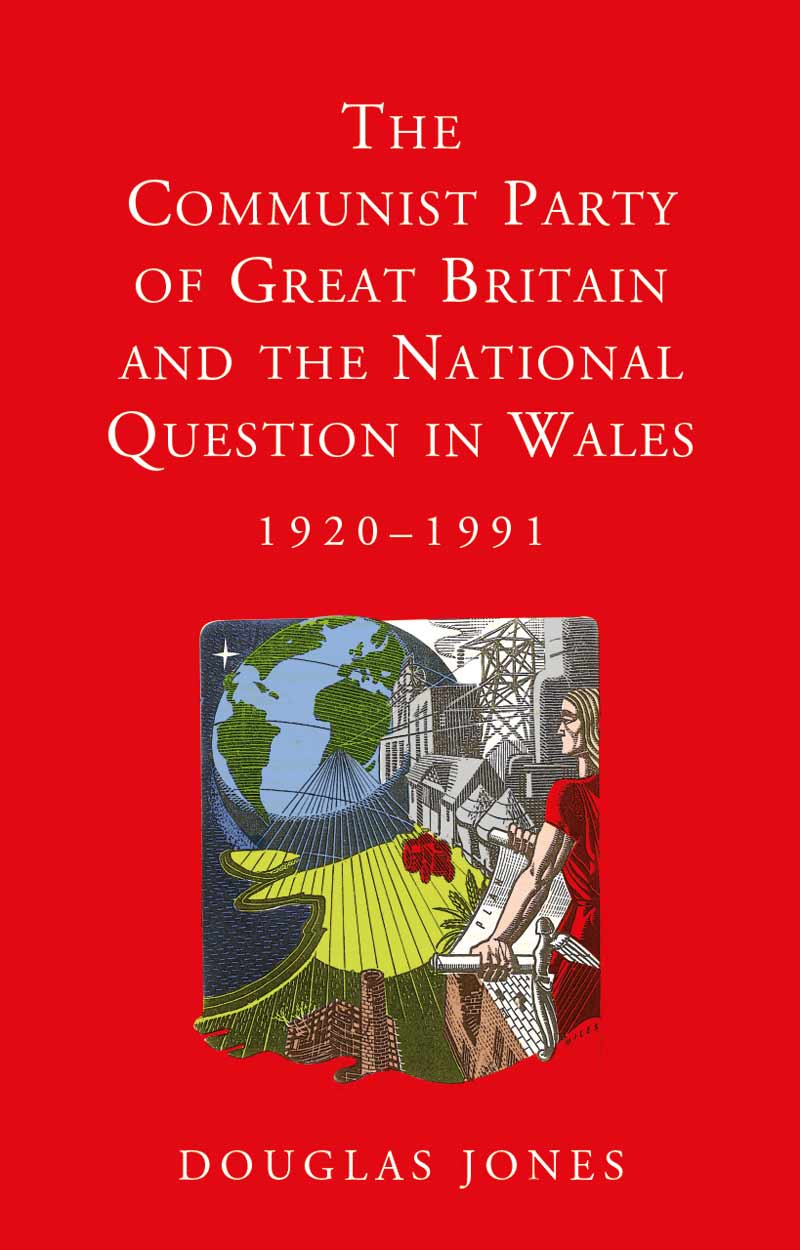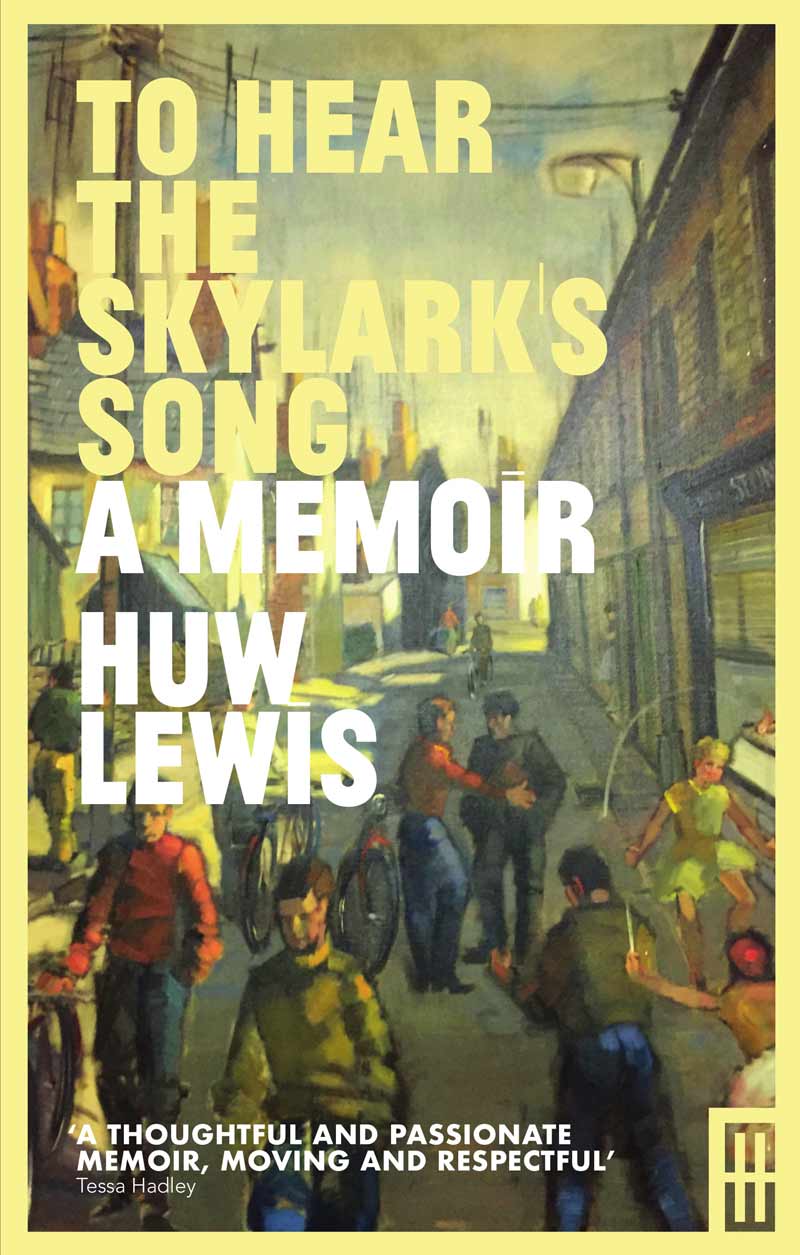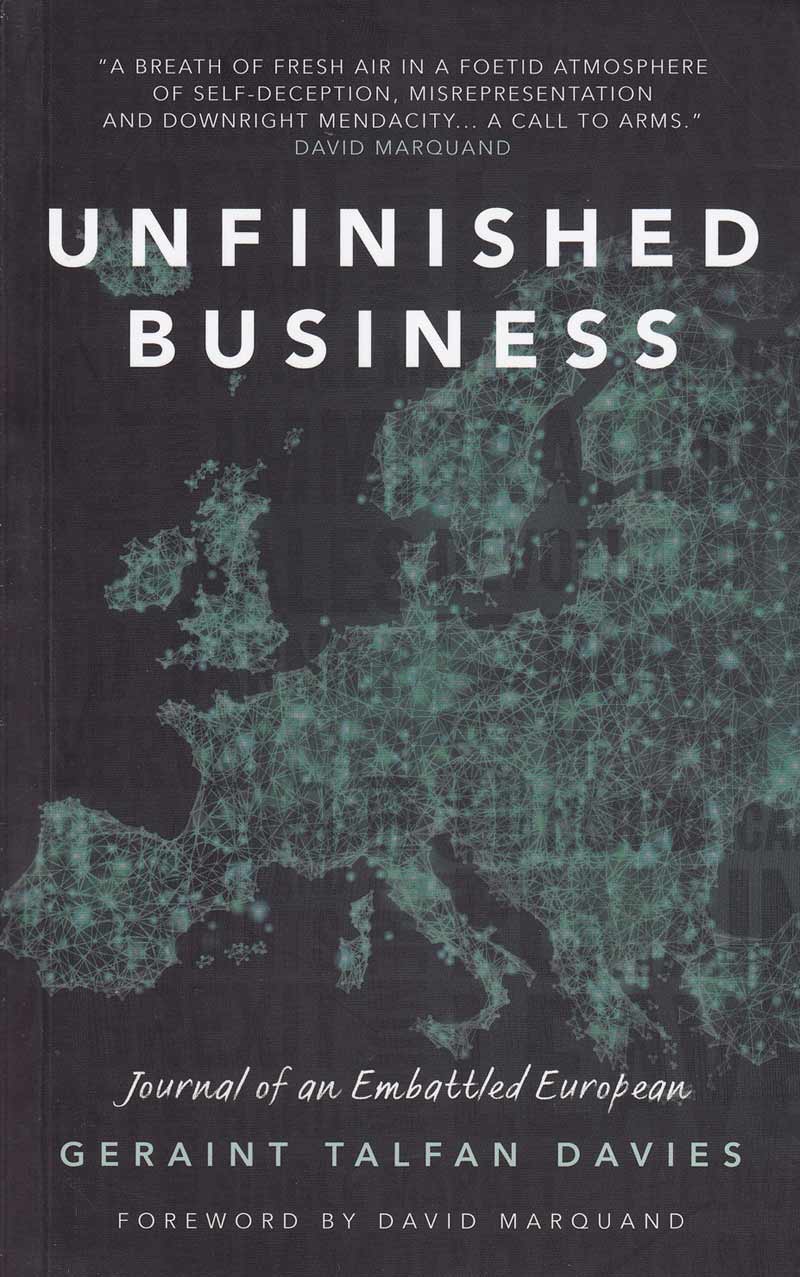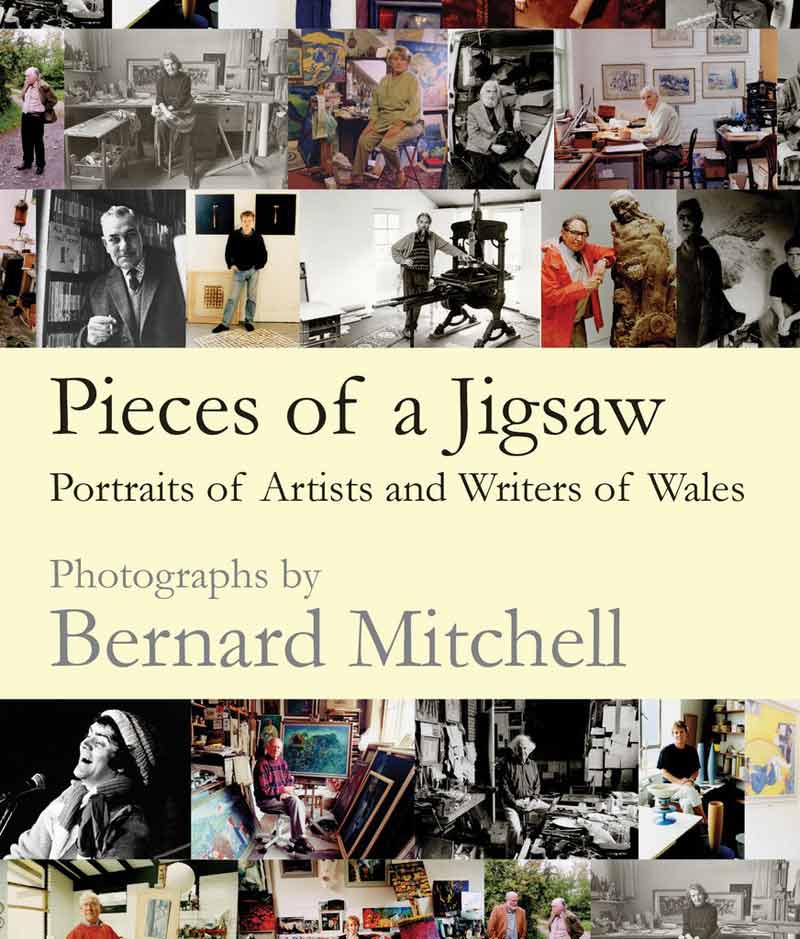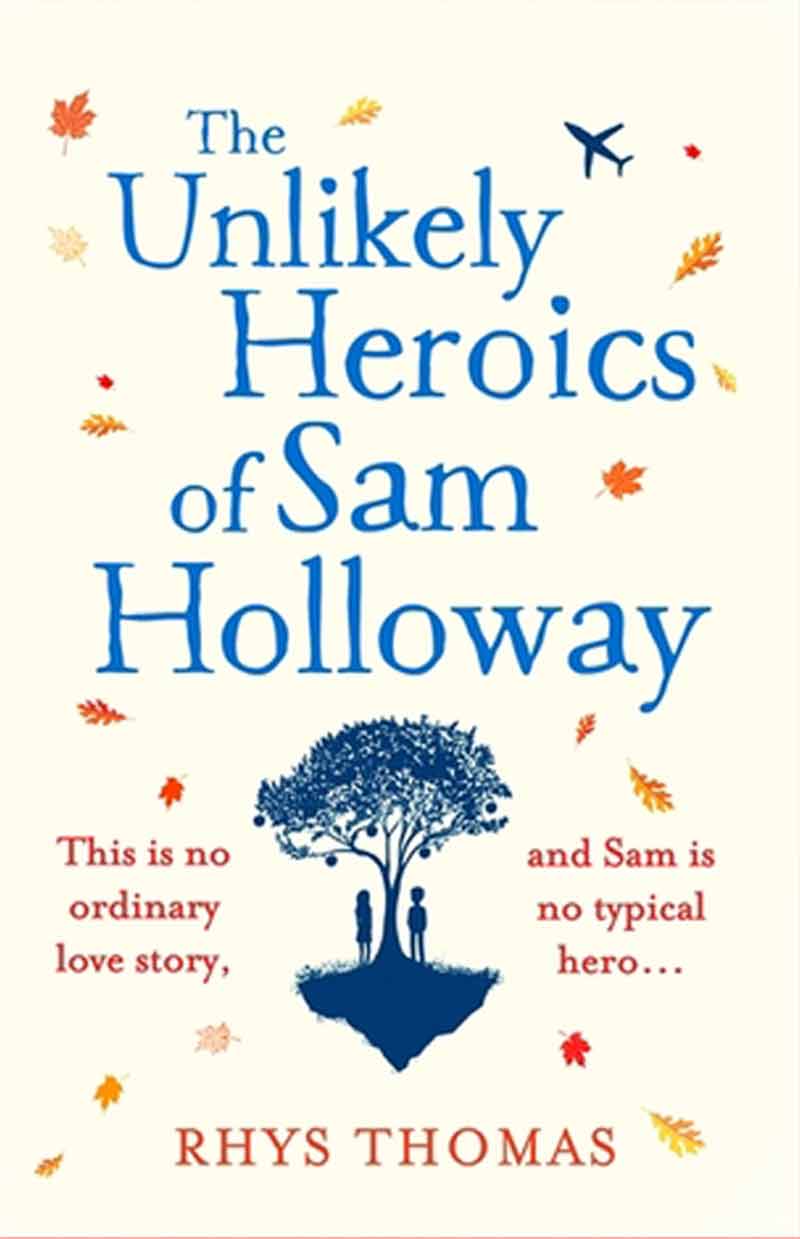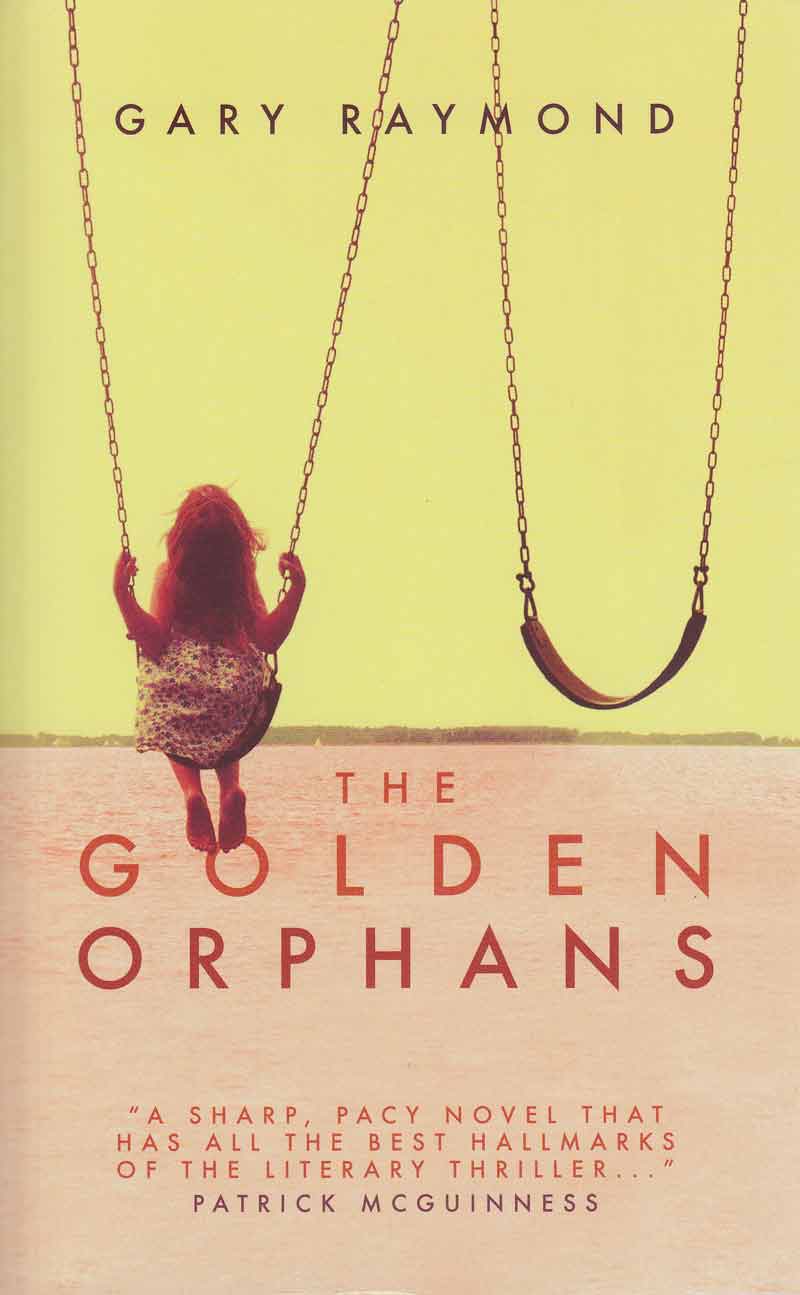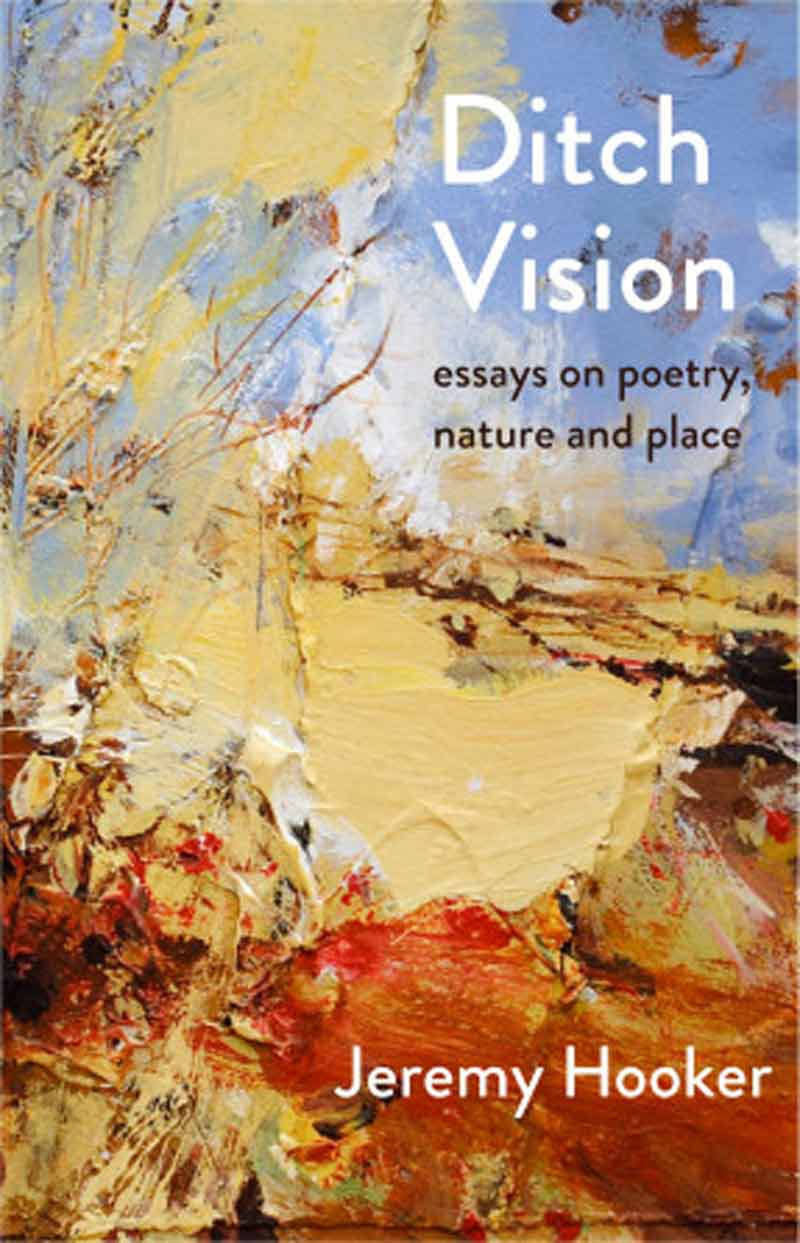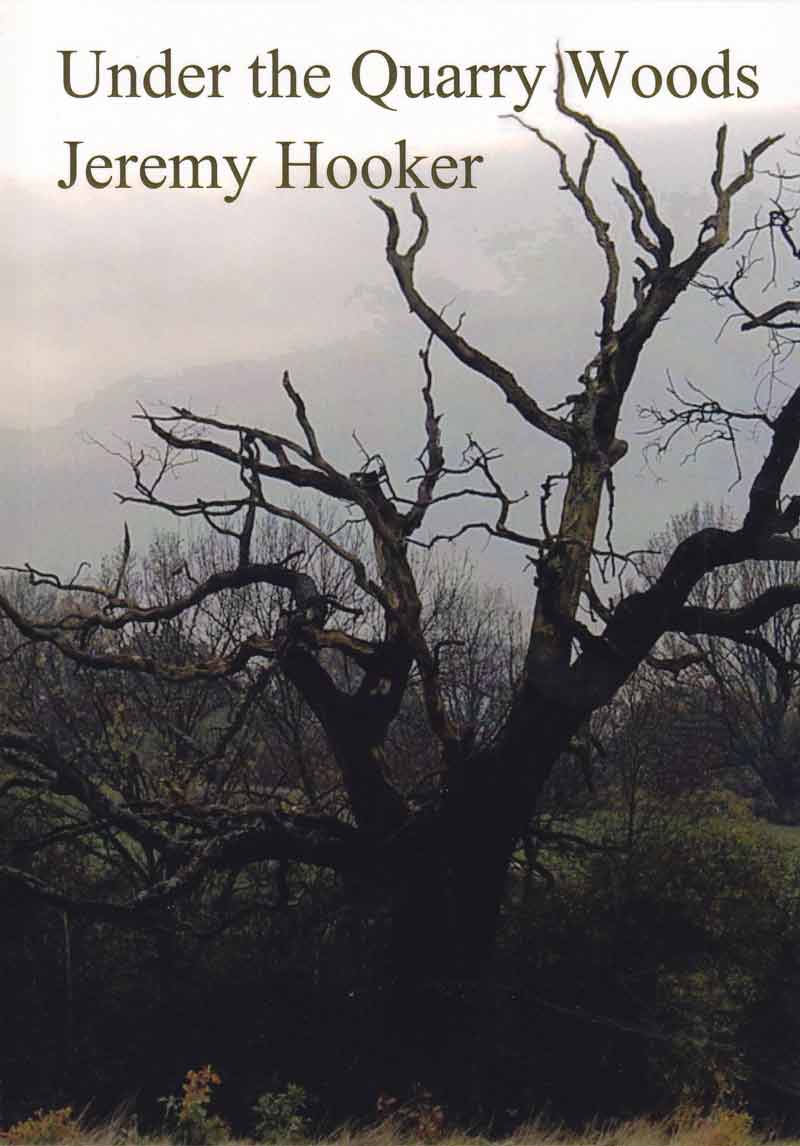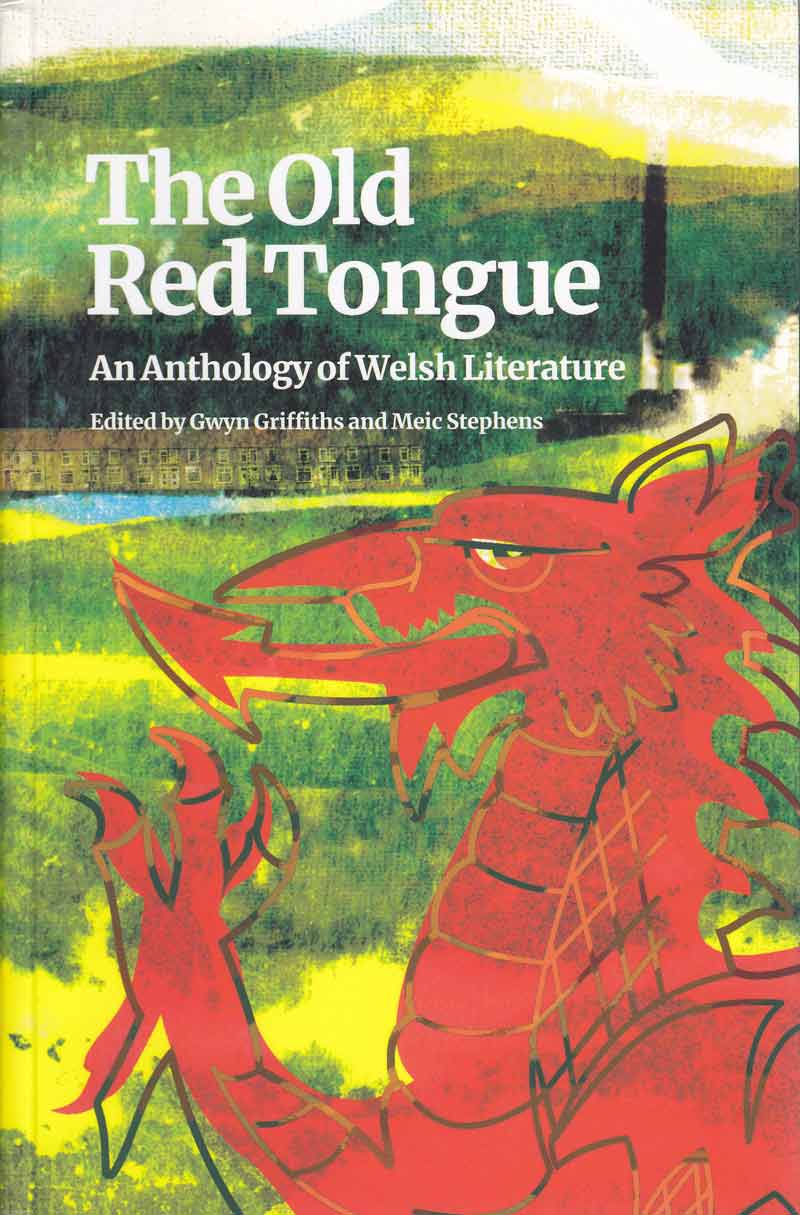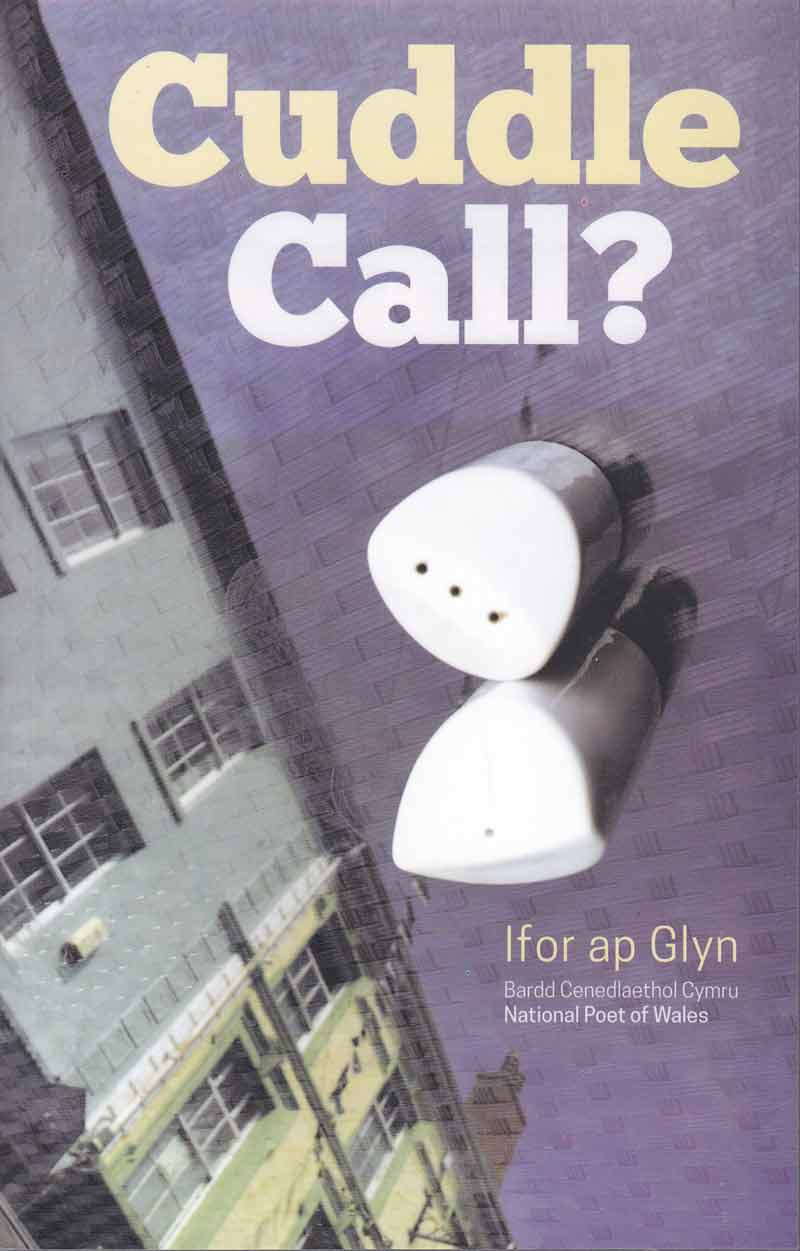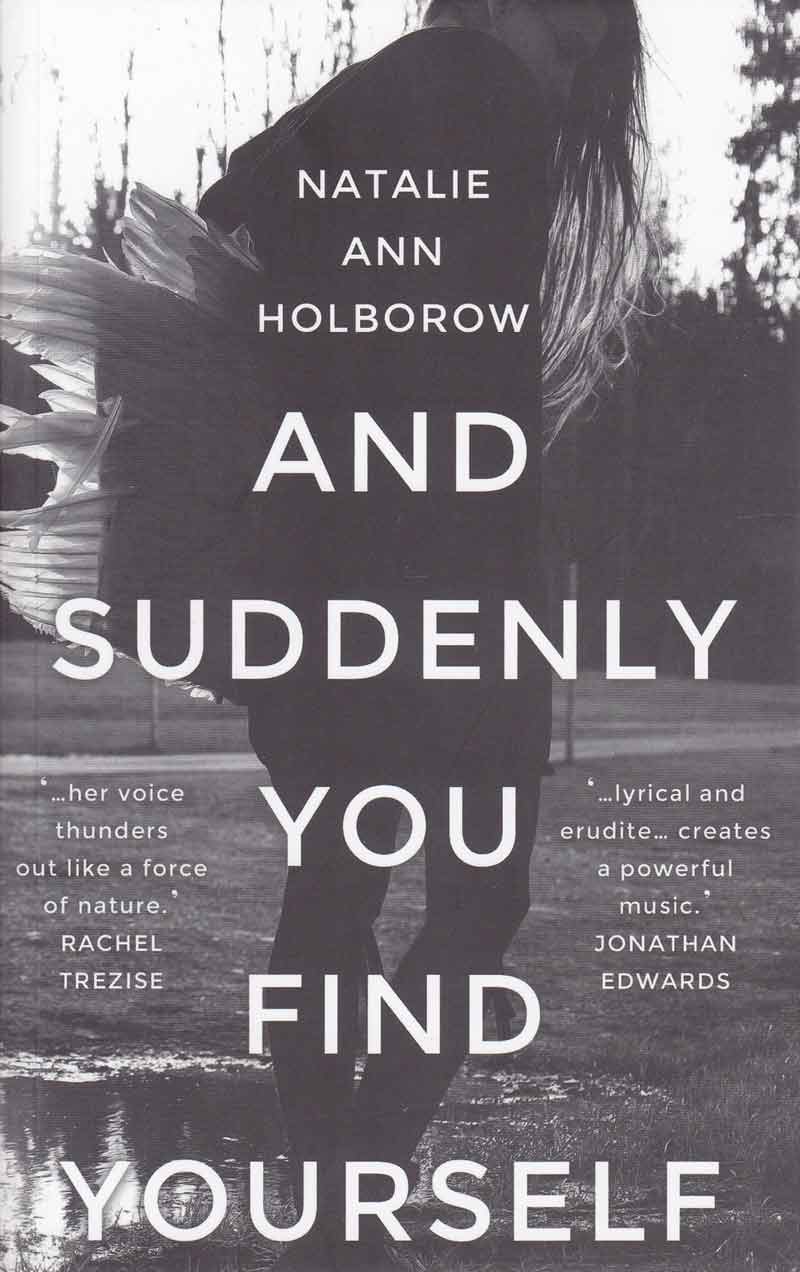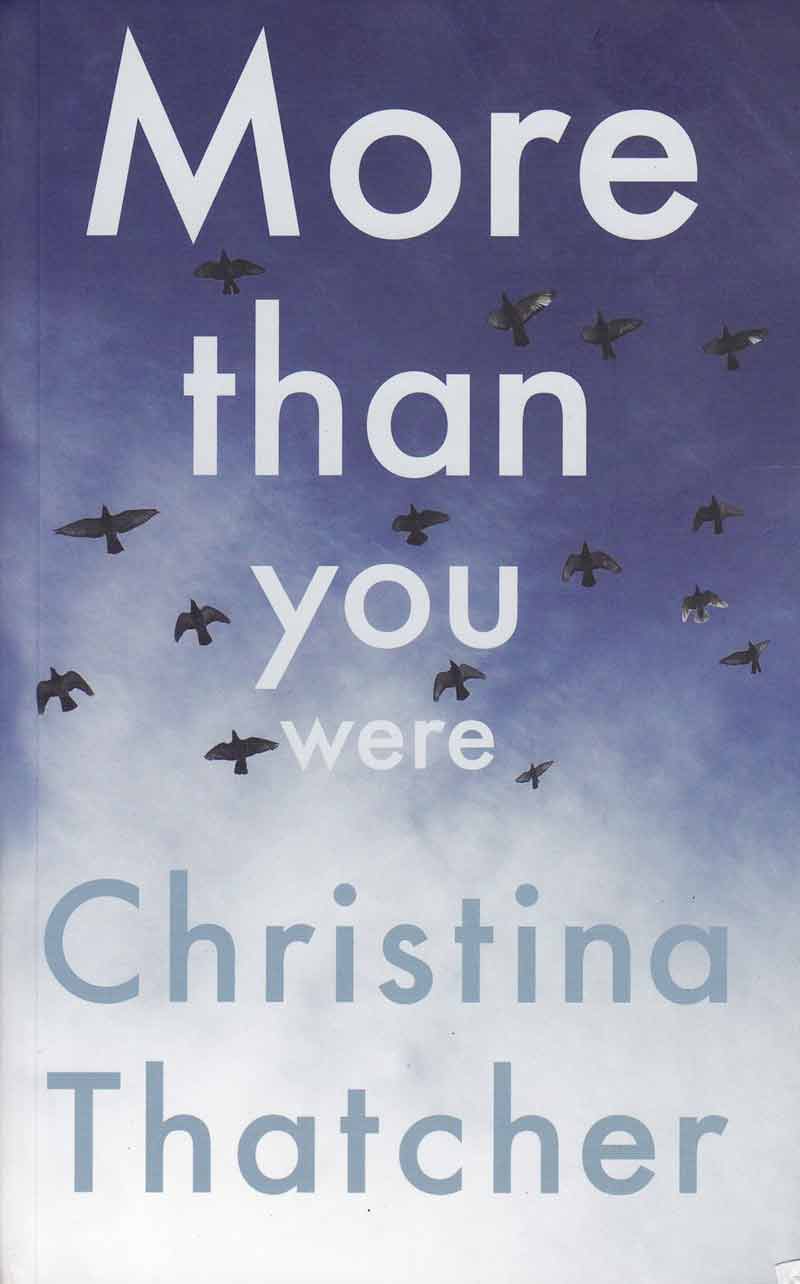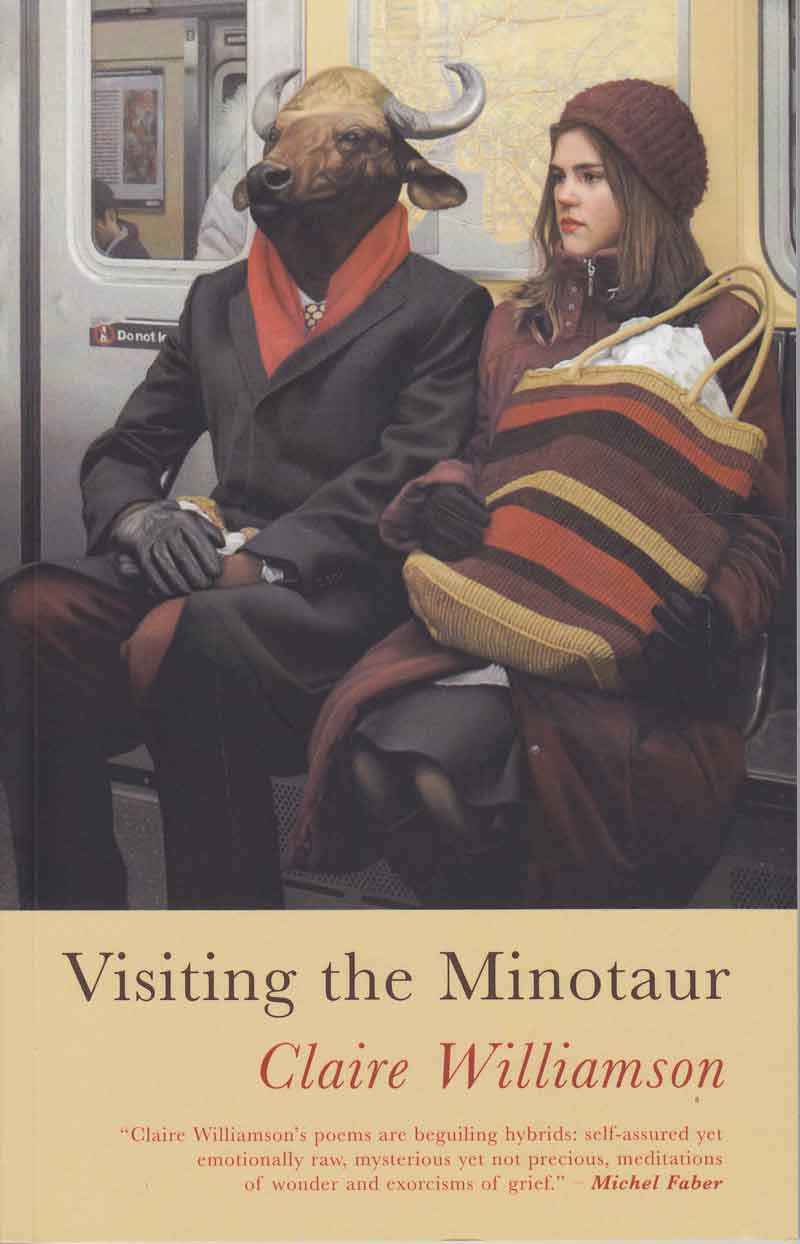Mick Antoniw AM draws on his family background as part of the Ukrainian refugee community, and his experience on the EU's Committee of the Regions, to detail how Wales could build on its historic relationship with Ukraine, from coalfield solidarity to language planning, and learn from other non-EU member nations further east how Wales could forge an alternative set of relationships with the EU after Brexit.
Read morePoet Sophie McKeand describes what prompted her to sell her possessions and head to the continent in a van. She discusses with fellow left-wing libertarian Plaid Cymru Police Commissioner Arfon Jones what this philosophy could mean in the context of drug law reform, detailing the practicalities of decriminalisation and regulation of illegal substances, and how this could reduce the suffering caused by the 'war on drugs'.
Read moreA poem by Steve Griffiths
Read moreOur new series of creative responses to Wales' rail network, Reading Between the Lines, plugs into widespread discontent with Wales’s transport infrastructure. Desolation Radio’s Dan Evans offers an evocative description of how the commute from Porthcawl (formerly ‘Valleys Valhalla’) to Cardiff (known for its pioneering travel network a century ago) demonstrates how the dismantling of the rail infrastructure has weakened both national identity and social equality.
Read moreCharlotte Williams gives an in-depth study of myriad forms of Black writing in Wales, arguing that recognising Black Welsh writing is an expression of cultural democracy that expands the boundaries of the national imagination, in ways which can benefit everyone.
Read moreOur Welsh Keywords series offers contemporary perspectives on the meaning of words in Welsh, inspired by Raymond Williams’ Keywords. In this issue, Jane Aaron traces the history of the concept of teulu (‘family’), and how long after the English word came to denote blood ties, teulu evoked bonds far beyond class and national borders, from communal dancing under the rafters of the gentry’s Great Halls to contemporary political consciousness…
Read moreCongratulations to Rebecca Brown who has won our 2018 Young Writers’ Competition. In her winning article she reflects on how nations are piecing together new meta-narratives, after twentieth-century postmodernism shattered old certainties. She contrasts Trump’s Make America Great Again myth-making with endeavours in Wales to create a narrative of hope and intergenerational justice.
Read moreAidan Byrne argues that video games from the era of the ZX Spectrum to the twenty-first century indie studio are a powerful medium for reinforcing representations of Celticity worldwide that the Victorians would recognise. Here the ‘Welsh’ or ‘Irish’ character exudes barbarity or ethereal mysticism, is backward and irrational; and should ultimately face conquest…
Read moreMike Parker offers a wry analysis of the stark differences between the political output of the BBC in Welsh and English, what this means in an era when the far right are on the rise, and how susceptible the BBC news is in both languages to PR snake-oil sellers…
Read moreCatrin Webster takes the reader up and down the steep inclines of Swansea, from the grandeur of the Glynn Vivian to the most experimental grassroots art and performance venues, which are emerging across the city. How has the Swansea fostered the arts without leading to gentrification, as it has in other urban areas?
Read more
